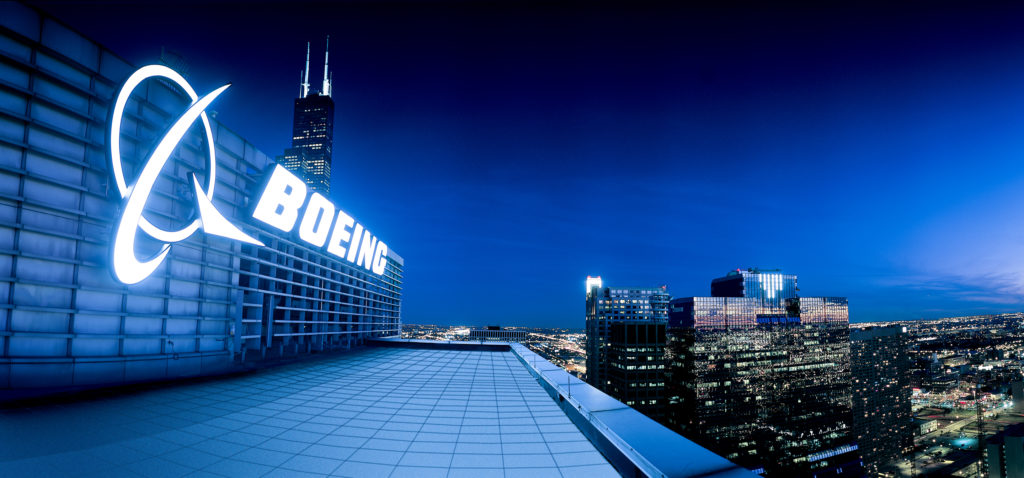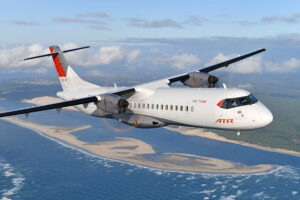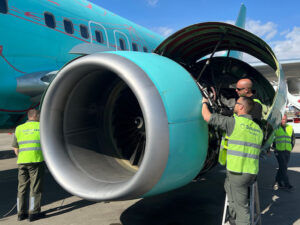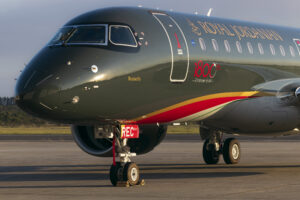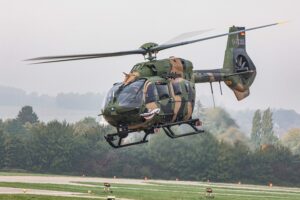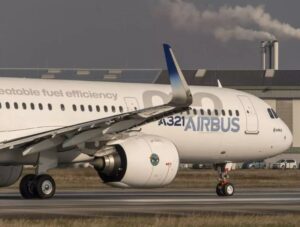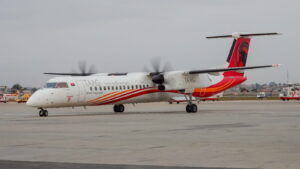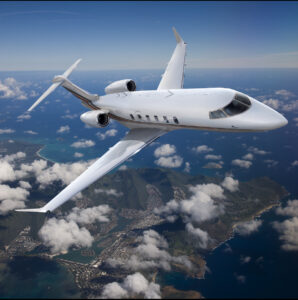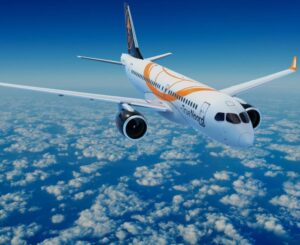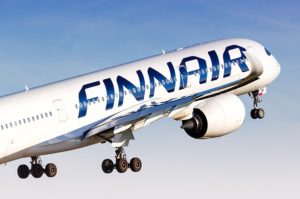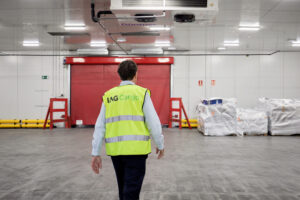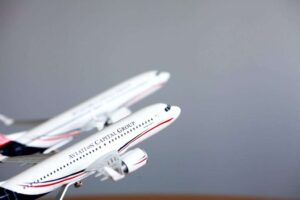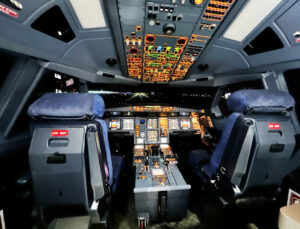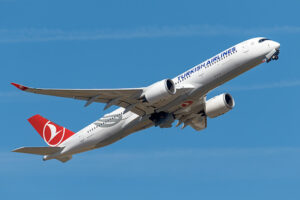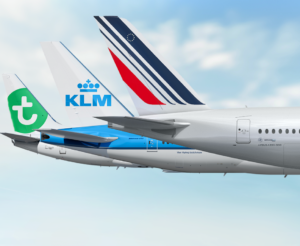Boeing announced on Monday, January 29, that it is retracting its request for a crucial safety exemption, potentially hindering US regulators’ efforts to expedite the certification process for the upcoming 737 MAX 7. This move comes as a repercussion of the ongoing crisis surrounding the aircraft manufacturer.
In the wake of a distressing mid-air cabin blowout on January 5, legislators had been urging Boeing to withdraw the petition, unveiling a myriad of safety and quality control issues at one of the world’s major jet makers. The withdrawal, as reported by Reuters, introduces further uncertainty into the expected certification timelines for both Boeing’s MAX 7 and the larger, more popular MAX 10. It may necessitate Boeing to implement design changes at an accelerated pace.
Boeing’s CEO, David Calhoun, heeded calls to withdraw the exemption request during Capitol Hill meetings last week. The decision comes amidst escalating safety concerns following the mid-air incident involving a 737 MAX 9 operated by Alaska Airlines. These ongoing delays have disrupted the fleet plans of major carriers such as Southwest Airlines and United Airlines, the primary customers for the MAX 7 and MAX 10, respectively.
The timing of Boeing’s withdrawal is notable, preceding the release of its fourth-quarter results on Wednesday. The abandoned exemption would have permitted the certification of the MAX 7 before implementing crucial design changes to the nacelle inlet structure and engine anti-ice system, aiming to prevent overheating that could result in severe damage or failure of the engine inlet inner barrel.

